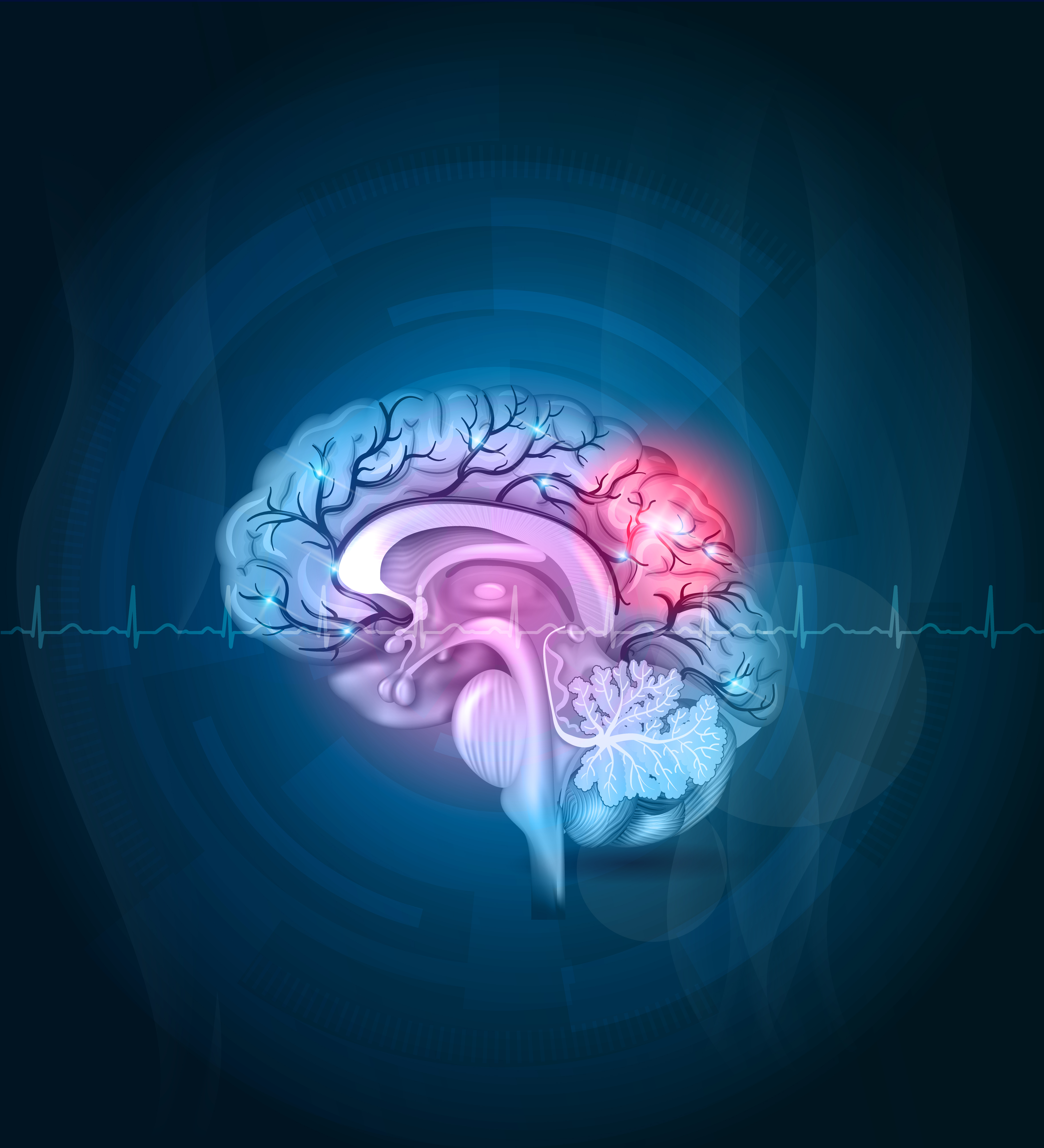Stroke and Stem Cells
Strokes are caused when the blood supply to the brain is cut off. Bleeding on the brain or a clot in the artery supplying blood to the brain are the two leading causes.[1] When the brain is starved of blood, it is starved of oxygen which leads to cell death.
A stroke is a serious medical condition which requires immediate medical attention. If you think someone is having a stroke you need to act FAST:
F – Face; the face may be droopy on one side
A – Arms; numbness or weakness may prevent the affected person being able to lift both arms up
S – Speech; may be slurred or incomprehensible
T – Time; is of the essence, call 999 immediately if you see any of these signs or symptoms[2]
Stroke Facts
- Annually there are 110,000 incidents of strokes in England[2]
- It is the third largest cause of death, after heart disease and cancer in England[2]
- Up to 80% are preventable[3]
- It is the single largest cause of disability in the UK[4]
- A third of strokes ocour in adults between the ages of 40 and 69 years.[4]
- Strokes cost the English economy £7 billion per year:
- £2.8 billion in direct costs to the NHS
- £2.4 billion in informal care costs
- £1.8 billion in loss of productivity and disability[5]
- Strokes occurs in 1:4,000 live births[6]
- Strokes are one of the top ten causes of death in children[6]
- Permanent neurological deficits will affect 50-80% of children who survive stroke[6]
Stroke and Cord Blood and Stem Cells
There are currently 101 clinical trials investigating the application of stem cells to treat strokes.[7] The potential of cord blood stem cells in the treatment of stroke is exciting. Not only is cord blood easily collected and stored but it is rich in a wide variety of cells which enhances their ability to bring under control multiple areas which have been affected by neurodegenerative processes. While it is not yet fully understood how cord blood stem cells are able to action change, they have been shown to decrease infarct size post stroke and assist functional recovery.[8]
Scientists at Duke University, North Carolina are testing the effect of cord blood on sufferers of adult ischemic stroke. 100 patients between 18-90 will undergo transfusions after suffering a stroke then be monitored for results. In limited trials so far, patient have recovered motor function and speech ability after stem cell treatment.[10]
The therapeutic potential of umbilical cord blood stem cells is great with one scientific review concluding “[Human umbilical cord blood] transplantation is a promising treatment for perinatal and adult ischemic brain injury. The major advantages of [cord blood] cells are their availability, safety, immaturity, and heterogeneous properties.”[9]
Stroke and Stem Cell headlines:
- New hope for stroke victims as stem cell treatment is tested in Newcastle
- Did cord blood banking save this baby from brain damage?
References
- https://cells4life.com/clinical-update/
- http://www.nhs.uk/Conditions/Stroke/Pages/Introduction.aspx
- http://www.stroke.org/understand-stroke/what-stroke/stroke-facts
- https://cks.nice.org.uk/topics/stroke-tia/background-information/prevalence/
- https://www.nice.org.uk/guidance/qs2
- http://www.strokeassociation.org/idc/groups/stroke-public/@wcm/@hcm/@sta/documents/downloadable/ucm_311389.pdf
- https://clinicaltrials.gov/ct2/results?term=stem+cell+stroke&Search=Search
- http://link.springer.com/chapter/10.1007%2F978-3-319-11481-1_5
- http://www.lib.okayama-u.ac.jp/www/acta/pdf/66_6_429.pdf
- https://med.stanford.edu/news/all-news/2016/06/stem-cells-shown-safe-beneficial-for-chronic-stroke-patients.html
- Springer Series in Translational Stroke Research. Springer, Cham. https://doi.org/10.1007/978-3-319-11481-1_5
- Stem cells translational medicine, 7(7), 521–529. https://doi.org/10.1002/sctm.18-0008
- Journal of neurosurgery, 1–11. Advance online publication. https://doi.org/10.3171/2018.5.JNS173147
The information contained in this article is for information purposes only and is not intended to replace the advice of a medical expert. If you have any concerns about your health we urge you to discuss them with your doctor.




